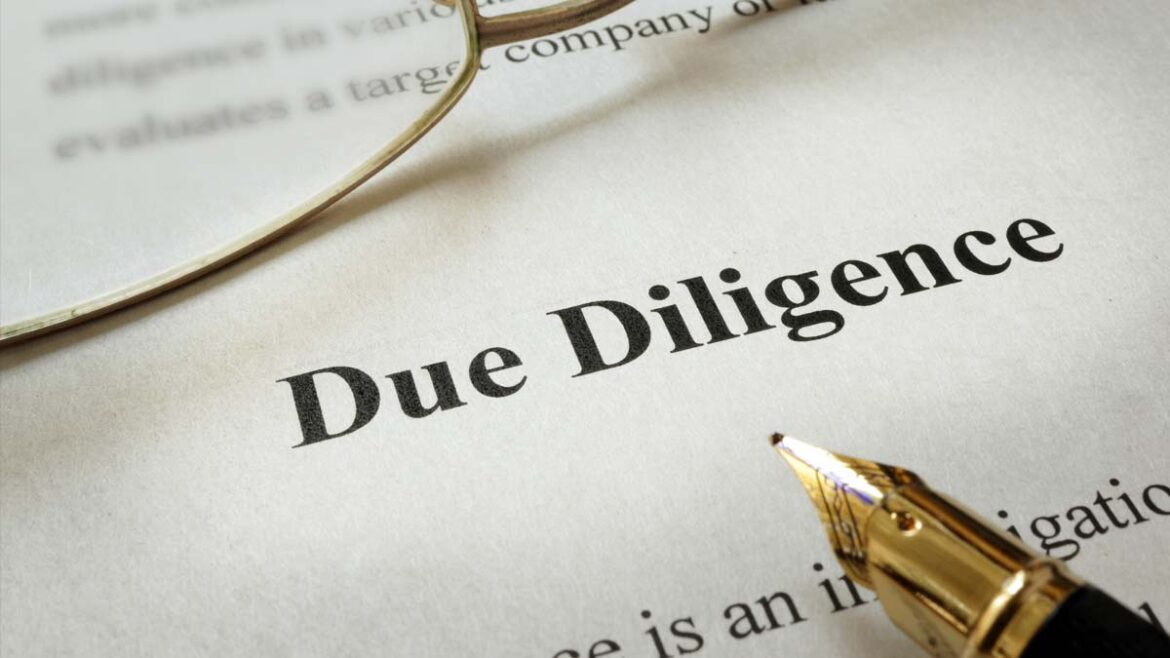
Alternative investments have grown in popularity, and whisky cask investment is fast becoming a favored option for those seeking tangible, long-term assets. But how safe is whisky investment, really?
For risk-averse investors, this guide outlines the potential investment risks, market dynamics, and crucial risk mitigation strategies to help you assess safety before stepping into the whisky market.
Why Safety Matters in Whisky Investment
Whisky may seem like a low-risk asset because it matures and appreciates over time, but no investment is entirely risk-free. Safety concerns typically fall into a few categories:
- Market volatility
- Storage and ownership risks
- Lack of due diligence
- Fraud and scams
- Regulatory compliance
Let’s break down each category and examine how you can protect your investment.
Understanding the Key Risks in Whisky Investment
-
Market Volatility and Liquidity
Risk: Whisky is a relatively illiquid asset. Market prices can fluctuate based on demand, global economic conditions, and collector trends.
Impact: Your return timeline may be longer than expected. If you need to liquidate quickly, you might not get optimal value.
-
Ownership and Storage Risks
Risk: Mismanagement or poor storage conditions can affect the cask’s quality. In some cases, ownership rights may not be properly documented.
Impact: Undocumented or poorly stored casks can lead to disputes or diminished whisky value.
-
Fraud and Misrepresentation
Risk: Unfortunately, the whisky industry has seen fraudulent schemes—selling non-existent casks, inflated pricing, or falsely labeled distilleries.
Impact: Investors can lose their entire capital if they fall victim to unregulated or fraudulent brokers.
-
Regulatory Uncertainty
Risk: While whisky is a tax-advantaged asset in the UK (as a wasting asset), changes in legislation or international shipping regulations can impact sale or export.
Impact: Regulatory changes could introduce new tax liabilities or limit sale options, especially internationally.
How Safe is Whisky Investment Compared to Other Asset Classes?
| Investment Type | Risk Level | Regulation | Tangibility | Volatility |
| Whisky Casks | Medium-low | Light | Physical | Low |
| Stocks & Equities | High | Heavy | Digital | High |
| Gold & Precious Metals | Low-Medium | Medium | Physical | Low |
| Real Estate | Medium | Heavy | Physical | Medium |
Whisky sits in the medium-low-risk category, with notable advantages: it’s tangible, non-correlated with stock markets, and has tax benefits in some jurisdictions.
Safety-First Approach: How to Mitigate Investment Risks
-
Work with Reputable Partners
Invest through licensed and regulated stockists/brokers with strong market track records. Vintage Acquisitions, for example, provides cask authentication, proper warehousing, and fully documented ownership transfer.
-
Verify Ownership and Provenance
Always receive a Delivery Order (DO) that confirms your legal ownership of the cask stored in a bonded warehouse. Avoid firms that offer vague documentation or simply “manage” your asset without granting true ownership.
-
Conduct Thorough Due Diligence
Research the cask:
- Is it from a reputable distillery?
- What’s its age, cask type, and maturation potential?
- Where is it stored?
- What is the market resale outlook?
-
Get an Exit Strategy in Writing
Before purchasing, ask how and when you can liquidate your investment. Reliable partners offer resale networks or bottling options, which help secure your returns at maturity.
-
Ensure Insurance and Storage Conditions
Your cask should be stored in a HMRC-bonded warehouse, under strict temperature and humidity controls. Insurance coverage should also be in place to protect against fire, theft, or leakage.
Red Flags to Watch Out For
Investors should be cautious of:
- High-pressure sales tactics
- No mention of storage or bonded warehouse
- Lack of clear documentation
- Over-promising returns (e.g., “guaranteed 20% in 1 year”)
Transparency is key. If something feels off, step back and seek a second opinion.
Real-World Scenario: Safe Investment in Action
A client purchases a 7-year-old sherry hogshead from a top-tier distillery through Vintage Acquisitions. The firm:
- Offers Delivery Order if you have an account at a bonded warehouse
- Stores the cask in a bonded warehouse
- Provides annual maturation reports
- Assists with resale options after 5-10 years
The result: A smooth, secure, and traceable investment with average returns between 8–15%* annually, with minimal stress on the investor’s part.
The Role of Regulation in Investment Safety
While the whisky cask market isn’t regulated like financial securities, a few layers of consumer protection exist:
- HMRC-bonded warehouse system ensures controlled, licensed environments
- Wasting asset status exempts certain gains from capital gains tax
- Reputable stockists/brokers often voluntarily follow strict standards and transparency
Nonetheless, it’s crucial to understand that the market operates in a lightly regulated environment, which is why due diligence is even more vital.
Final Thoughts: Is Whisky Investment Safe?
So, how safe is whisky investment? Like all asset classes, it carries risk—but with the right precautions, whisky casks can be a relatively secure, high-performing investment. It’s especially suitable for investors looking for:
- Asset diversification
- Long-term appreciation
- Tangible investments
- Inflation hedging
The key lies in partnering with trusted firms, securing proper documentation, and understanding the market.
Key Takeaway
Whisky investment is generally safe when approached responsibly. Understand the risks, work with reputable firms, and prioritise due diligence to enjoy consistent, long-term returns with confidence.

